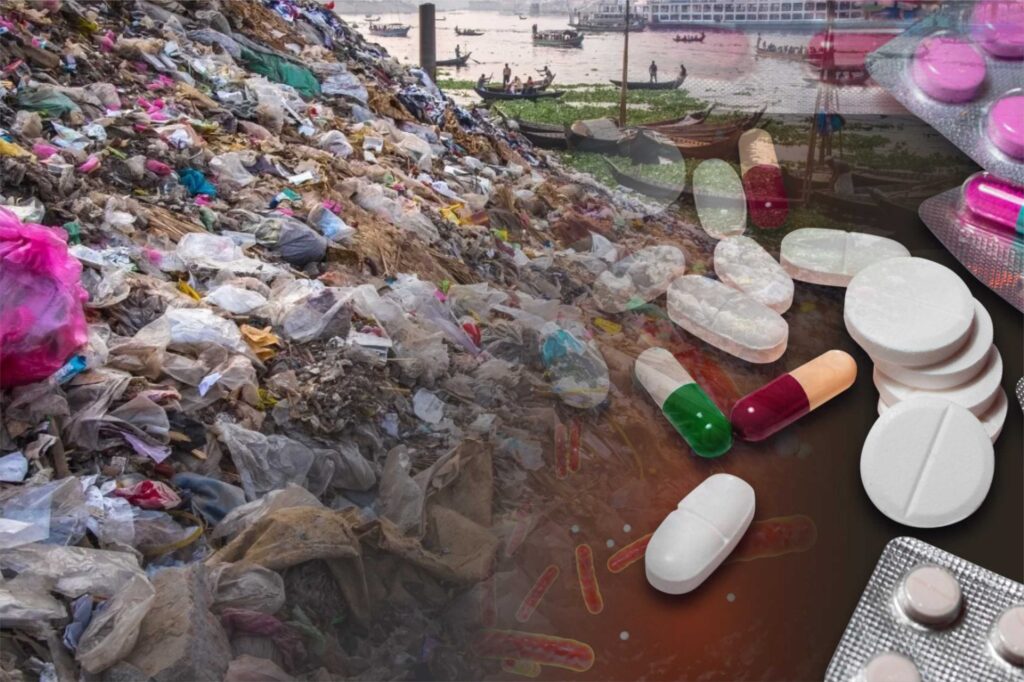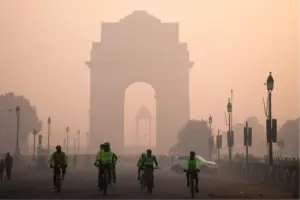
A recent study has estimated that antibiotic pollution may be contaminating around 80% of the total length of India’s rivers, potentially posing both environmental and public health risks.
The research, published in PNAS Nexus, also highlights similar concerns in countries like Nigeria, Ethiopia, Vietnam, and Pakistan, which are experiencing comparable levels of antibiotic-related water pollution.
Researchers from McGill University in Canada explained that antibiotics, which are used to treat bacterial infections, are not fully broken down in the human body and are often not effectively removed by most wastewater treatment systems.
Also Read | Lung cancer in non-smokers on rise, air pollution could be driver – Study
As a result of this, 315 million people in India could be exposed to environmental risks arising from rivers contaminated with antibiotics, according to the study, which measured amounts of 21 antibiotics at 877 locations globally.
Highlighting the need for improving the current practices, the team said that appropriate wastewater management plans needs to be implemented. Regulations and guidelines on use of antibiotics also need to be updated, with a particular focus on high-risk substances and locations that pose the greatest risk, they said.
The researchers analysed the ‘RiverATLAS’ dataset – contains 8,477,883 individual river reaches (or segments), representing about 36 million kilometres of the world’s rivers.
“Annual human consumption of the 40 most used antibiotics (29,200 tonnes), 8,500 tonnes (29 per cent) are released into the river system and 3,300 tonnes (11 per cent) reach the world’s oceans or inland sinks,” the authors wrote.
Previous studies have estimated human consumption of antibiotics to have increased by 65 per cent between 2000 and 2015.








